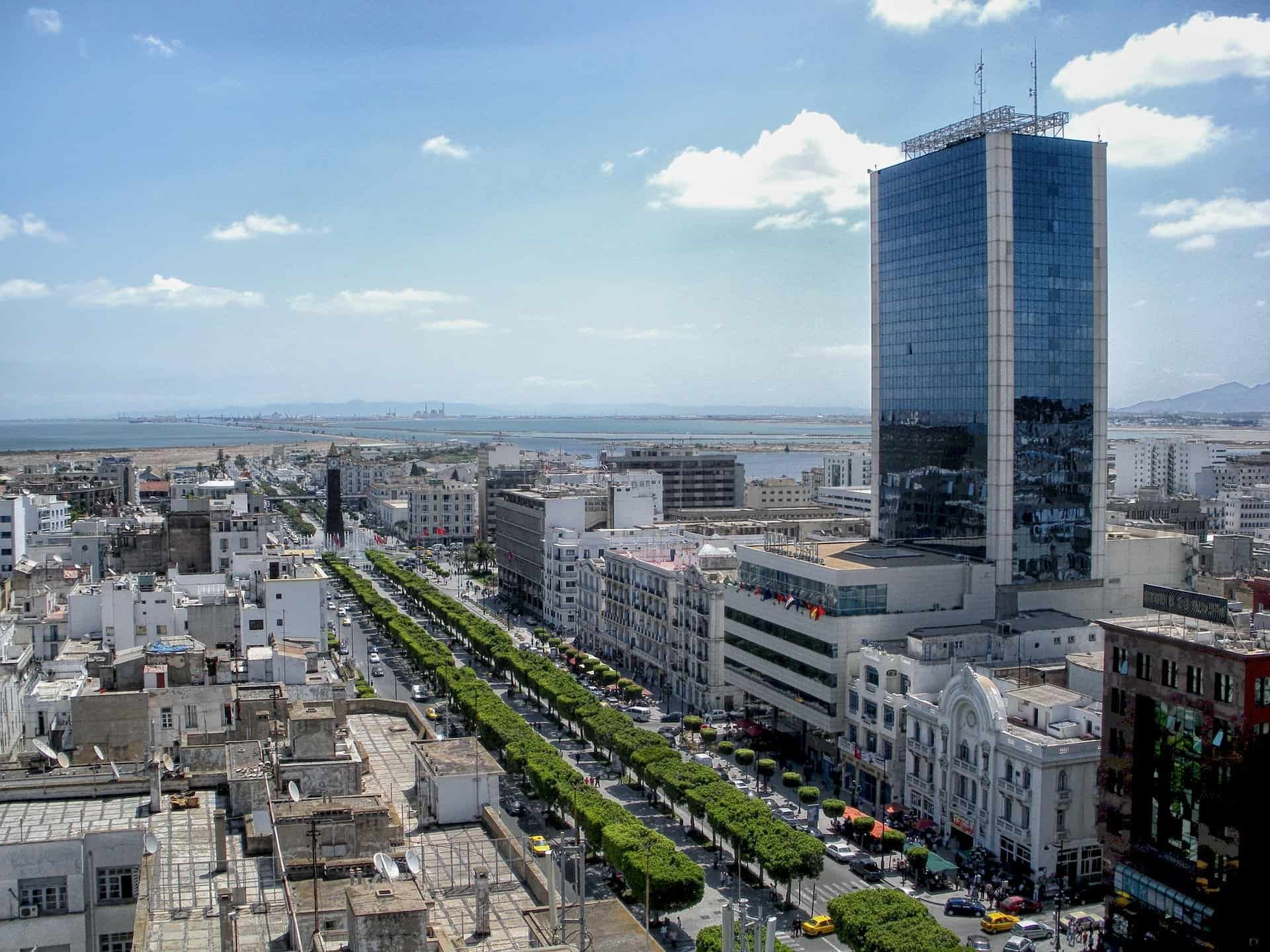The Executive Board of the central bank of Tunisia stressed at its recent meeting the need to avoid monetary financing of the budget deficit, given its impact on inflation, according to Tunisia’s official news agency TAP.
The Banque Centrale du Tunisie (BCT) board urged for continued coordination between financial and monetary policies to achieve this feat, said the report.
It quoted the board as saying in a statement issued by the BCT that the body emphasized the importance of continuing coordination with the government.
This, it expected, would help the current regime reach an agreement with the International Monetary Fund on a new program
The pact is expected to send positive signals to investors and give impetus to improve the country’s sovereign rating.
It also called for accelerating the implementation of a clear plan of economic reforms, able to restore the confidence of international donors and investors in the Tunisian economy, involving all relevant national partners to ensure commitment to the process of structural reforms and restore macroeconomic and financial balances, including public finances under severe pressure.
The central bank also reaffirmed its intention to closely monitor all economic, monetary and financial developments, and said it would not fail to use mechanisms at its disposal to support the recovery of economic activity while containing inflationary pressures.
The board reviewed recent economic, monetary, and financial developments, including the latest data on economic growth in the third quarter of 2021, which showed a slight improvement of about 0.3 percent year-on-year and at constant prices, compared to a contraction of 7.1 percent in the same period of the previous year.
On the other hand, it particularly noted the continued increase in the consumer price index, year-on-year, to 6.4 percent in November 2021, compared to 6.3 percent in the previous month and 4.9 percent in the same month of the previous year.
This is attributable to the acceleration in manufacturing and services prices (7.6 percent and 4.9 percent respectively, compared to 7.5 percent and 4.6 percent), despite the relative slowdown in food inflation (6.9 percent compared to 7.0 percent last October).
At the end of its work, the board decided to maintain the key interest rate of the BCT unchanged.

